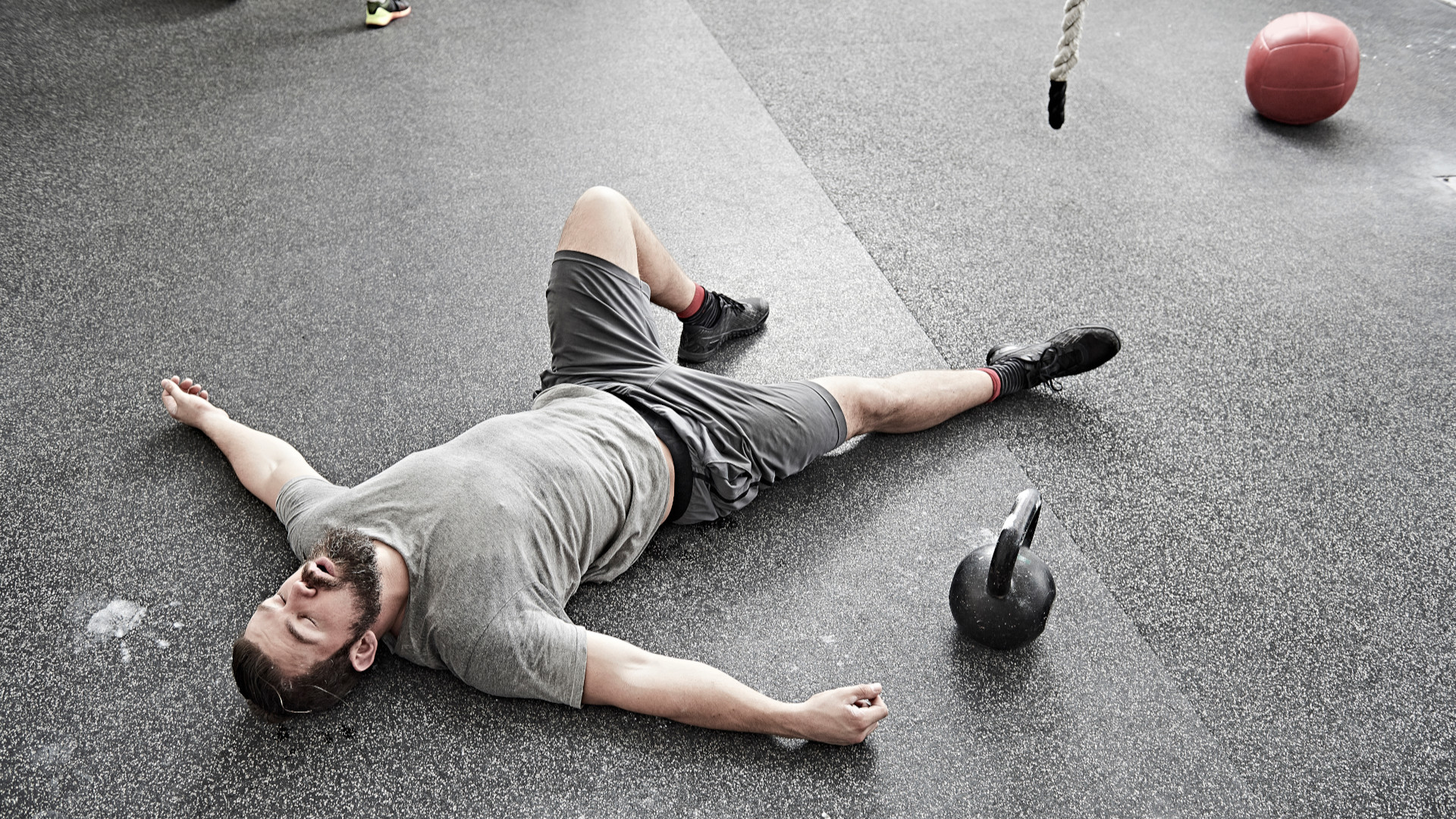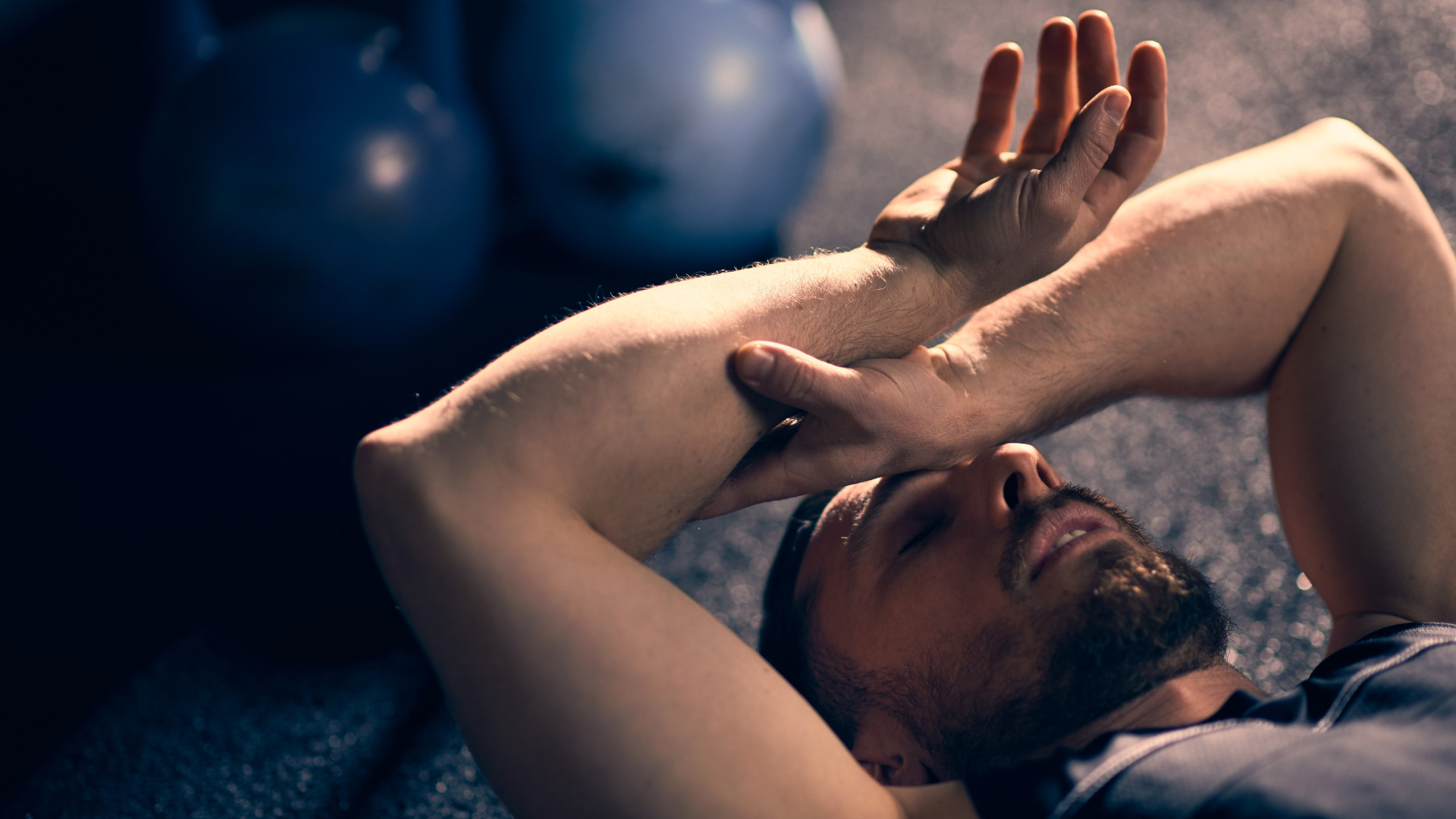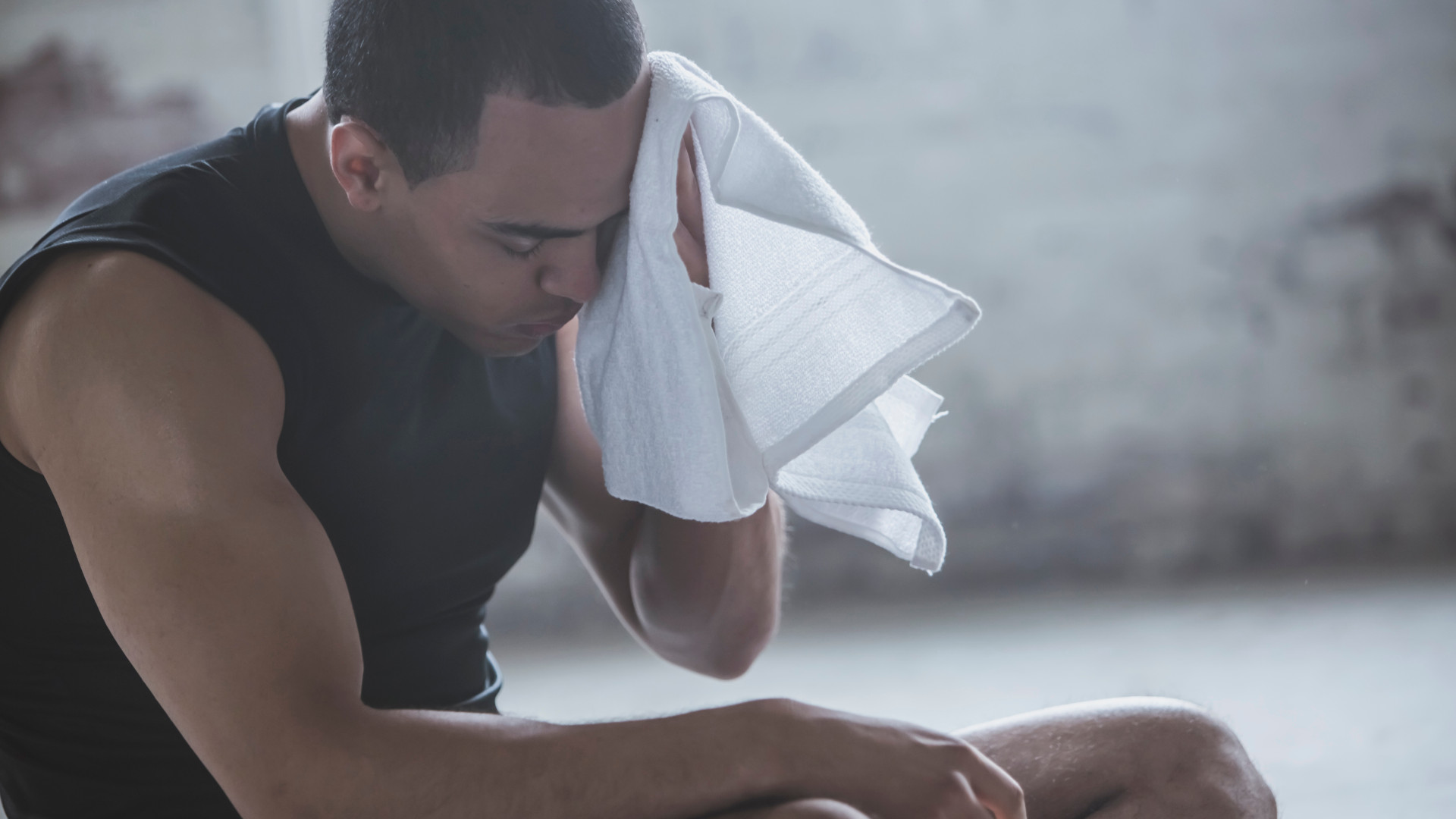What is overtraining syndrome? Signs to spot and how to overcome it
‘Hard work pays off’ isn’t always the case…


‘Hard work pays off’,‘no pain no gain’ are a few phrases we’re all familiar with in a gym setting and, yes, while we do need optimal challenge if we want to see progress, there’s also such a thing as pushing yourself too hard.
“Overtraining is, and can be, a very real problem – particularly if you train by yourself without the supervision of an experienced trainer, or if you’re not following an appropriate workout plan,” says Mark Bohannon, a Certified Personal Trainer at Ultimate Performance.
Overtraining syndrome may be more commonly experienced by athletes than the regular gym goer, but that doesn’t mean you’re not subject to experiencing it yourself. Here’s everything you need to know about it, including the signs to spot and how to avoid it happening to you.
What is overtraining syndrome?
Overtraining is when someone exercises either too intensely for too long, or too often, beyond their ability to recover, which can cause physical, mental, and emotional issues. “It’s your body’s way of saying ‘enough is enough’ and it wreaks havoc with your entire nervous system, causing a witch’s brew of symptoms,” says Mark.
Just to be clear, overtraining syndrome is not the same as DOMS, when your muscles feel a little sore and tender from training. While DOMS usually subsides after a couple of days, overtraining can have quite debilitating consequences for your overall health and well-being.
There are two types: “The first is called hypoarousal, affecting your parasympathetic nervous system, and is seen is endurance athletes such as long-distance runners,” says Mark. “The second is called hyperarousal, affecting your sympathetic nervous system, and is the more common type of overtraining syndrome seen in weightlifters.”

Symptoms of overtraining syndrome
Signs that you may be overtraining may be notceiable in and outside the gym. These can include:
Get all the latest news, reviews, deals and buying guides on gorgeous tech, home and active products from the T3 experts
- A dip in performance (failing to lift progressively heavier weights, or run/swim/cycle faster)
- Persistently sore muscles
- Lack of energy and motivation to workout
- Feeling weak
- Elevated resting heart rate
- Frequent injuries in the gym
- Lack of energy and/or motivation
- Restlessness
- Gut issues
- Impaired quality of sleep
- Frequent infections (e.g. colds)
- Irritability and low mood
- Brain fog
- General aches and pains
- Extreme tiredness
- Decreased appetite or diet fatigue (e.g. sugar cravings)
Recovering from overtraining syndrome can vary from weeks to years depending on the severity of your symptoms. If you think you may be suffering from overtraining syndrome, take a break from training and speak to a healthcare professional.
How to avoid overtraining syndrome
If you notice a combination of the symptoms above, Mark says it’s time to take a step back from your training program. “Don’t be fooled by BS social media influencers who spouse ‘pushing through the pain’” he says.
“Actively scheduling in recovery days is a smart and sensible strategy that will reduce the risk of injury or overtraining syndrome, and it will actually help you improve your athletic performance because you’re giving your muscles the time to repair themselves and come back stronger. It’s a huge part of keeping yourself fit, healthy, and strong in body and mind, and it should never be overlooked or dismissed.”
For athletes or those who lift heavy weights, such as powerlifters and Olympic weightlifters, this could also include scheduling deload weeks, to give your body a further break.

If you’re someone who does resistance training with weights, then Mark suggests training three to four times a week with adequate rest and recovery. If high-intensity cardio is your forte, like running, then Mark advises to also keep this to three to four sessions a week because, as addictive as HIT can be (thanks to the endorphins it gets pumping), it also places a lot of stress on the nervous system.
"When the right level of stress is imposed on the body, you adapt and improve," says Mark. But, if you have multiple stressors such as a busy job, family and strength training, extra intense stimulus like high-frequency HIIT will start to break you down and act against you."
Remember, hard work doesn't always pay off. Listen to your body and respond accordingly.

Bryony’s T3’s official ‘gym-bunny’ and Active Staff Writer, covering all things fitness. She is a certified personal trainer and also a part-time fitness instructor. In her spare time, you will find her in her natural habitat - the gym - where her style of training is a hybrid of bodybuilding and powerlifting. Bryony loves writing about accessible workouts, nutrition and testing innovative fitness products that help you reach your fitness goals and take your training to the next level.